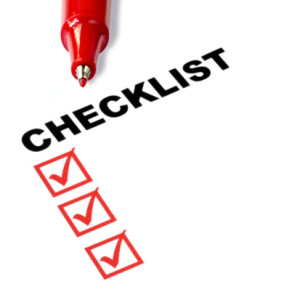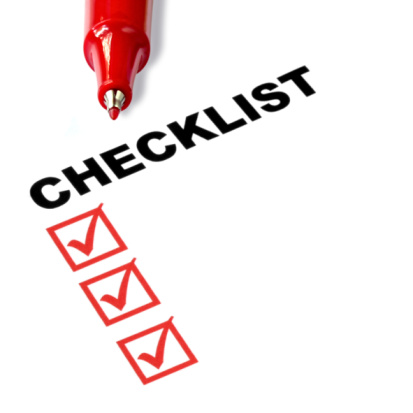 Would you like to know if that biz opp will be a big success or not… before you even start it? Well, unfortunately there are no guarantees, but here are a few checks you can make which will give you some idea of whether your idea is viable.
Would you like to know if that biz opp will be a big success or not… before you even start it? Well, unfortunately there are no guarantees, but here are a few checks you can make which will give you some idea of whether your idea is viable.
How to tell if your new business idea is viable…
1. Do people actually want it?
You might think you have the greatest product or service since sliced bread – but it’s what potential customers think that really matters. Do they really want or need it? And how much are they willing to pay?
You need to do some market research with actual, real prospective customers here. Don’t take too much notice of what a product supplier tells you, nor family and friends, as they’re likely to be biased!
2. Is the market big enough?
There are lots of products that look great and people will buy them… but not in large enough quantities to make decent money.
So here’s what you should do. Work out how much product you need to turn over a decent profit based on your profit margin. For example, if you want to make £50,000 a year and your profit margin is 10% you’re going to need to sell around £500,000 of product a year. If your product costs £20 that means you’ll need to sell 25,000 units.
Ask yourself… will you be able to shift 25,000 units a year in the area you’re operating in?
3. What competition is there?
Do some research into how many other businesses are selling the same or similar products… and how they’re doing it. In particular look at what their pricing strategy is and ask if the numbers add up (see the next point for more info).
You can learn an awful lot about a business by studying your competition. If they appear to be doing well then it’s a good sign that the business is viable. If, on the other hand, they’re struggling – if they’re slashing prices or using every trick in the book to pull customers in – it might be a sign that following their business model isn’t that viable.
4. Do the numbers add up?
It’s a slight oversimplification but, roughly, profit = selling price minus selling costs. So, a few back-of-an-envelope calculations can help you decide if a product is worth taking further.
Find out what a reasonable selling price is going to be for your product or service. Now deduct the likely overheads. That will give you an idea of the maximum cost price per unit you can pay for your product.
5. Can you promote it… and what will it cost?
This is often overlooked, but it’s one of the biggest traps laying in wait for the unwary. It doesn’t matter how great your product is, if you can’t actually tell potential customers about your product or service they won’t be able to buy it. And not only that – the costs of promotion must be within your budget.
Have a think about what advertising and marketing methods you’re going to use. Offline ads? Direct mail? Online marketing? Press releases? And get some estimates of what they’re likely to cost – especially in the early days when you’re unknown and need to do more marketing.
6. Do you have the skills you need… or can you get them?
Make a list of the skills you’re going to need in order to run this business successfully. Will you need to be good at selling? Will you need to be good at working with people? Will you need good Internet marketing skills? If you’re providing a service there might even be practical or technical skills you need on top too.
Now, nobody is saying you have to have all the skills you need to run a business from the outset. But if you’re lacking something critical to the business then work out how you’re going to get those skills ASAP. Maybe there is a training course you could do… or you could hire someone else to do the things you can’t do yourself.
Some of these checks might be a little tedious. But, the more planning and preparation you do the more likely it is that your business will be a success!

